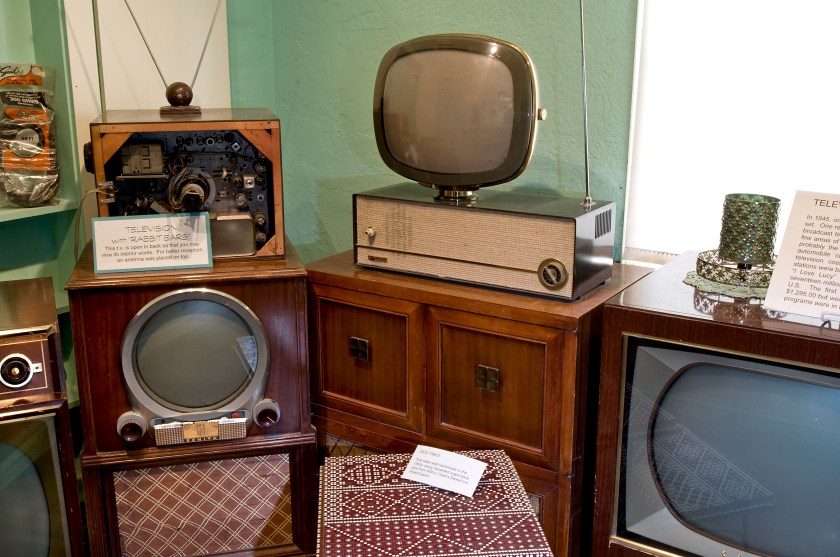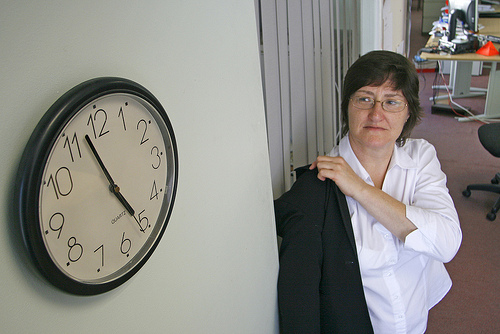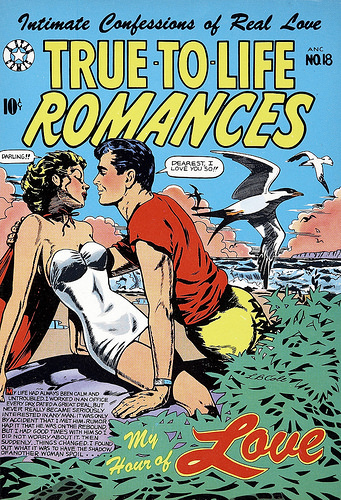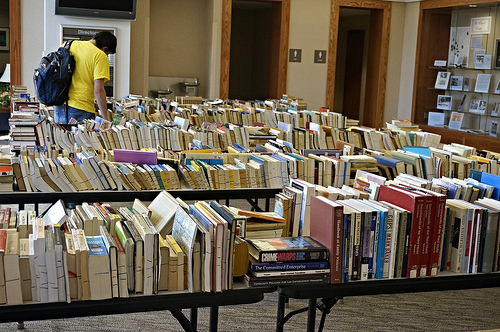By Kathleen Jones, The Quirky Novelist
The first time I wrote a novel, I had a clear picture of how I wanted it to turn out. But I wrote the chapters out of sequence and let my moods dictate the scenes I wrote on a given day. For example, whenever I was depressed, I wrote scenes full of hurt, loneliness, and heartache. On the other hand, when my life was going well, I wrote more robust scenes, scenes bursting with triumph, optimism, and joy.
My practice of writing whatever I felt when I felt it might have been a successful one if I had laid down a plan for the novel before I began writing it. Alas, I had no such plan, and the various chapters I wrote didn’t fit together at all.
So when I sat down to write my second novel, the first thing I did was to create an outline. That outline took four months to write (I was juggling writing with a full-time job), but it turned out to be a very wise investment of my time and energy. I now knew exactly where my story was going.
How do you create an outline for your novel? Before you begin, jot down the following in point form:
- First, figure out how you want your novel to begin and end.
- Next, create the main characters and identify the major problems and conflicts they will face.
- Then determine the major plot points. This step would involve such things as plot twists, changes in the relationship between the leading characters, etc.
Once you have pinned down these core elements, you can start to create an outline. Some ideas to keep in mind:
- Try to write the outline in order.
- Don’t try to write the entire outline in one sitting. Take your time and don’t rush.
- Outline one chapter at a time.
- Don’t be afraid to change the outline if some of it isn’t working or if new and better ideas come to mind.
If you take the time to create an outline, you can avoid ending up with a novel that’s nothing more than a mishmash of ideas.
Want to Read More?
Novelist Joseph Finder deals with the pros and cons of outlining novels in his post “Outline or Not?” at http://www.josephfinder.com/writers/tips/outline-or-not/
Do you outline your novels before writing them? Please post your comments.
Visit Kathleen Jones, The Quirky Novelist, online at https://kathleenjones.org/
or on Twitter at https://twitter.com/joneslepidas

Photo credit: To The Cuckoo via photopin (license)






